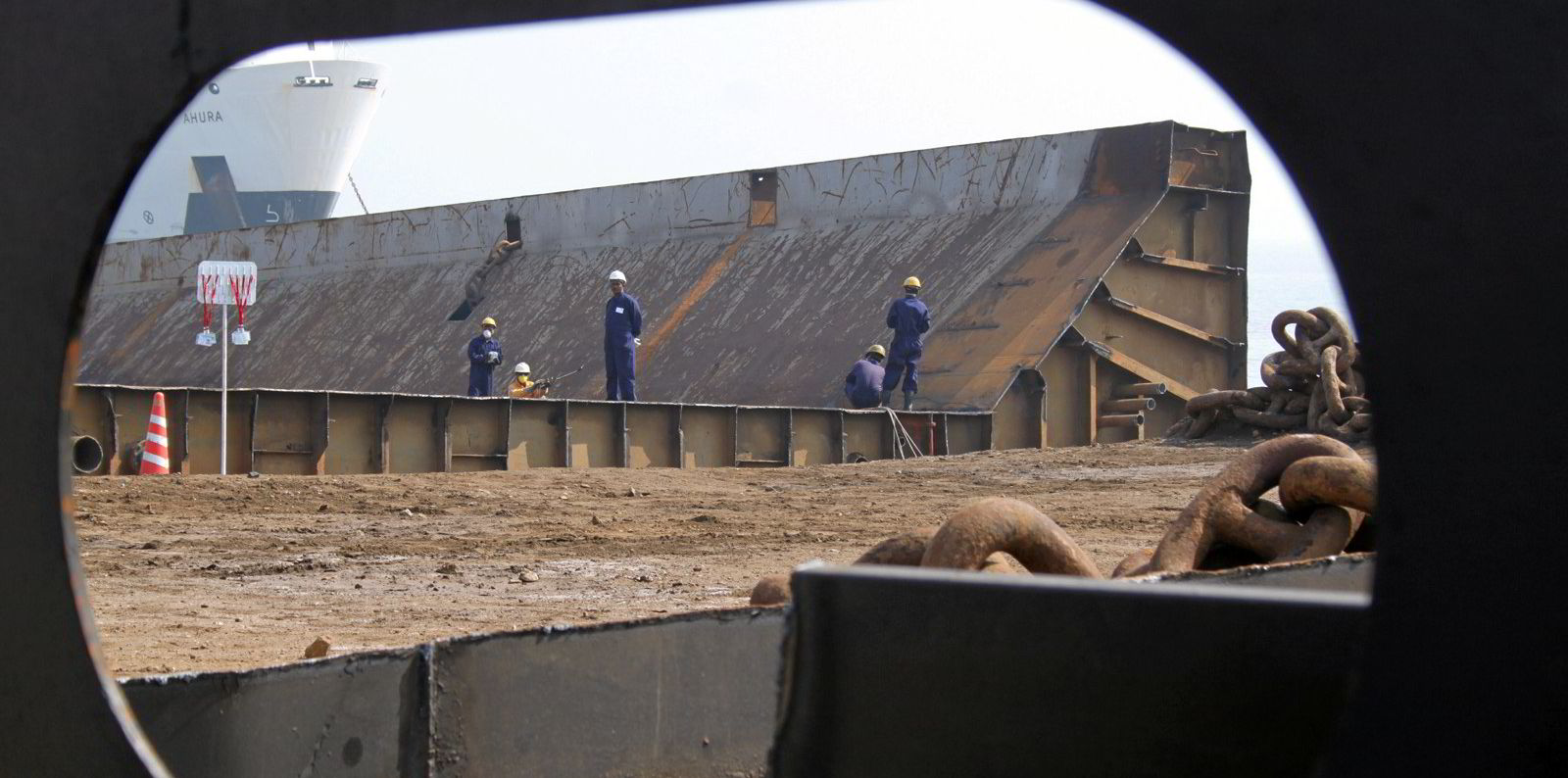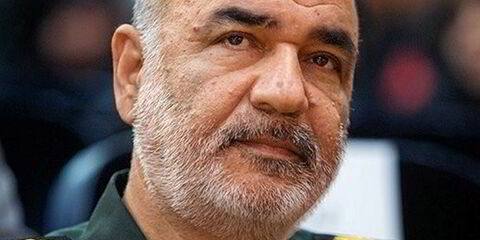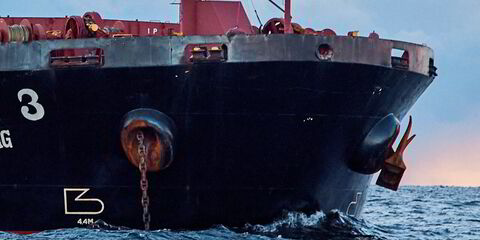Norway's Hunter Group believes demand for VLCCs will rocket from next year as crude becomes scarcer.
The Oslo-listed owner of five VLCCs said that the view surrounding an oil supply crunch in late 2022 or 2023 following years of underinvestment is becoming increasingly established.
"Should this bear out we could very well see importers scrambling for tonnage to secure supply during next year," the company added.
As oil demand increases and Opec+ reverses production cuts, Hunter is also expecting a "significant improvement" in rates for the second half of 2021.
"We firmly believe that the bottom is behind us and that the inflection point for improving rates is approaching sooner rather than later," Hunter added.
Why so little scrapping?
Cargo volumes have risen in recent months as inventories approach pre-pandemic levels, and further increases are needed in the near future, the company said.
Hunter also said older VLCCs are now worth $25m, up from $15m "not so long ago", as scrap steel prices rise.
"This leaves the puzzle of why there has been limited scrapping," the company said.
"With only six VLCCs scrapped so far this year, the fleet remains asymmetrical with regards to age, with over 20% of the VLCC fleet being 15 years old or more," the shipowner added.
Illicit trading of sanctioned Iranian and Venezuelan oil has kept some older ships employed.
Hunter not happy with rates

Hunter's daily earnings averaged out at $24,000 in the second quarter, with spot numbers at $15,500 and time charters reaping $26,500.
Operating costs were $6,750 per day per ship.
The company has 88% of spot tanker days fixed in the third quarter at $13,300.
"While these rates are clearly lower than we would like to see, rates for non-scrubber, non-eco vessels achieved negative $900 per day for the quarter and scrubber-fitted, non-eco, vessels averaged about $6,500 per day," Hunter said.
"Having a relatively small fleet has enabled us to continue to actively manage our fleet by switching from spot exposure to time charter when we find it prudent in order to maximise our earnings potential," the shipowner added.
Switch in tactics
Hunter booked strong time charter rates for a large portion of the fleet last year and these were later renewed at premium rates.
But now the company is shifting its exposure from longer to shorter time charters and spot fixtures.
Two of its ships are also capable of carrying clean oil products. "This further increases our options and flexibility," Hunter added.
The owner logged a net profit of $2.4m in the second quarter, against $18.8m a year ago. Revenue dropped to $11.5m from $29.6m.
The dividend for the quarter was $0.50 per share.
Norwegian investment bank Fearnley Securities said the result was in line with analysts' expectations.





